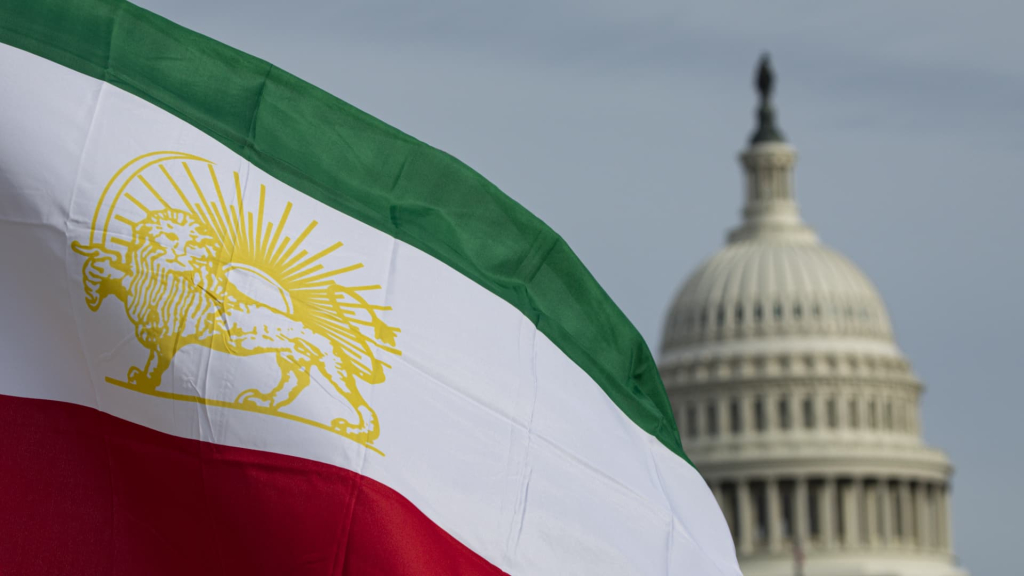Iran and the United States have announced plans to resume nuclear negotiations next week, as confirmed by both parties on Saturday. Iranian Foreign Minister Abbas Araqchi expressed “extreme” caution regarding the likelihood of reaching a resolution in the decades-long conflict.
U.S. President Donald Trump has indicated optimism about securing a new agreement with Iran aimed at preventing Tehran from developing nuclear weapons.
The latest round of discussions, involving Araqchi and Trump’s Middle East envoy Steve Witkoff, took place in Muscat and lasted around six hours, following a constructive meeting in Rome a week prior.
“The negotiations are extremely serious and technical… there are still differences, both on major issues and on details,” Araqchi said during an interview with Iranian state television.
“There is seriousness and determination on both sides… However, our optimism regarding the success of these talks remains extremely cautious.”
A senior U.S. administration official described the discourse as constructive and stated that both parties have agreed to reconvene in Europe “soon.”
“There is still a great deal of work to be done, but additional progress has been made towards a potential deal,” the official noted.
Former Omani Foreign Minister Badr Albusaidi indicated that discussions would continue next week and mentioned a provisional “high-level meeting” scheduled for May 3.
Araqchi confirmed that the location would be announced by Oman.
Prior to the lead negotiators’ meeting, expert-level indirect talks were conducted in Muscat to outline a potential nuclear agreement framework.
“The presence of experts proved beneficial… we will return to our capitals for further deliberations to explore means of minimizing discrepancies,” Araqchi stated.
According to an Iranian official briefed on the discussions, the expert-level negotiations were characterized as “difficult, complicated, and serious.”
The primary objective of the discussions, Araqchi emphasized, remained “to establish confidence in the peaceful nature of Iran’s nuclear program in exchange for sanctions relief.”
In a recent interview with Time magazine, Trump expressed optimism, stating, “I think we’re going to make a deal with Iran,” but reiterated the possibility of military action should diplomatic efforts falter.
Notably, shortly after the commencement of Araqchi and Witkoff’s latest indirect discussions, Iranian state media reported a significant explosion at Shahid Rajaee port near Bandar Abbas, resulting in at least four fatalities and numerous injuries.
Maximum Pressure
Despite both Tehran and Washington expressing a commitment to diplomacy, substantial differences persist regarding an issue that has plagued relations for over two decades.
Since February, Trump has reinstated a “maximum pressure” campaign against Iran, having abandoned the 2015 nuclear agreement between Iran and six world powers in 2018 during his first term, thereby reimposing harsh sanctions on the country.
Iran has progressively violated the nuclear limitations set out in the pact, significantly ramping up its uranium enrichment to nearly 60% purity since 2019, approaching the roughly 90% threshold required for weapons-grade material, as reported by the U.N. nuclear watchdog.
U.S. Secretary of State Marco Rubio stated this week that Iran must completely cease uranium enrichment as part of any agreement and would need to import any enriched uranium required for its operational nuclear power plant in Bushehr.
Iranian officials have indicated their willingness to negotiate certain constraints on their nuclear operations in exchange for the lifting of sanctions; however, they firmly maintain that ending their enrichment program or yielding their enriched uranium stocks are “red lines” that cannot be crossed during negotiations.
Additionally, European nations have suggested that any comprehensive deal should include measures to prevent Iran from acquiring or developing the capability to equip a ballistic missile with a nuclear warhead, according to several European diplomats.
Tehran insists that its defense capabilities, particularly its missile program, remain non-negotiable.
An Iranian official familiar with the discussions remarked on Friday that Tehran perceives its missile program as a significant hurdle in the negotiations.


























